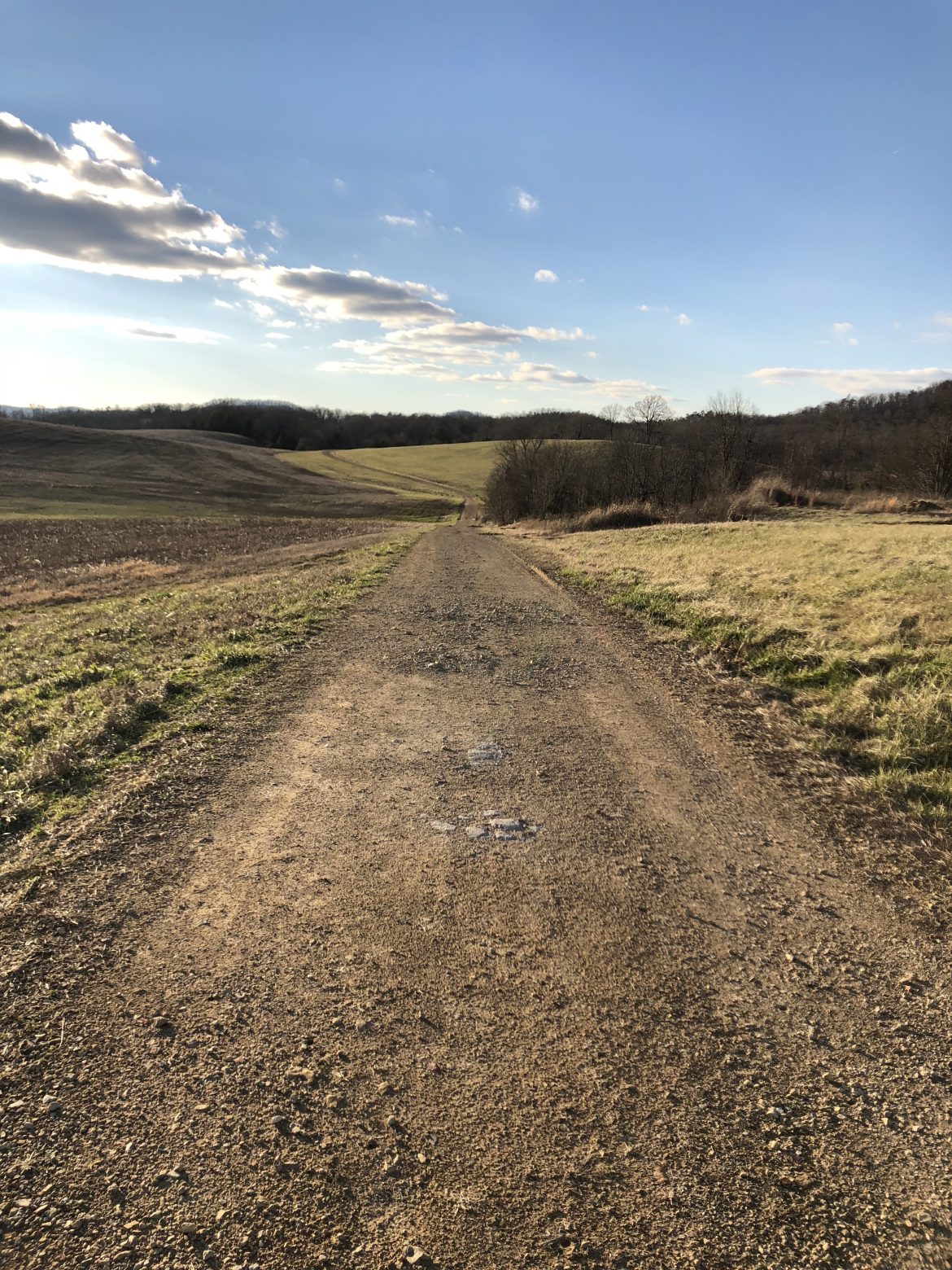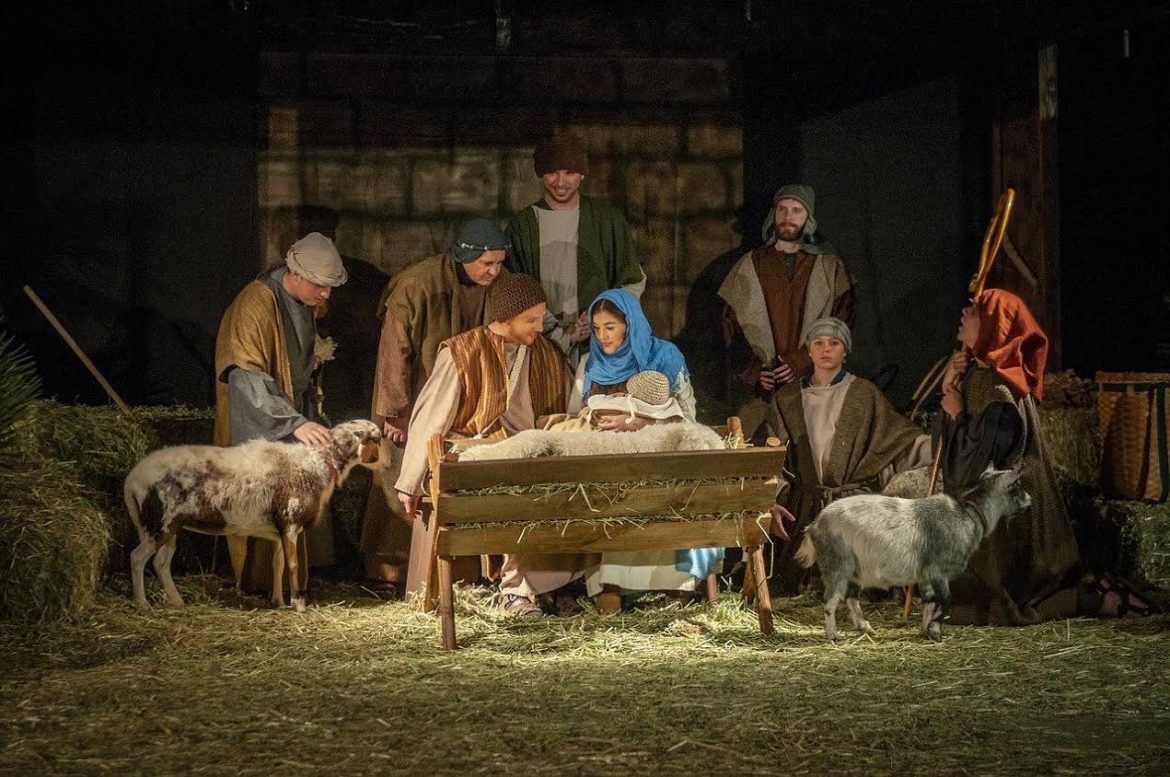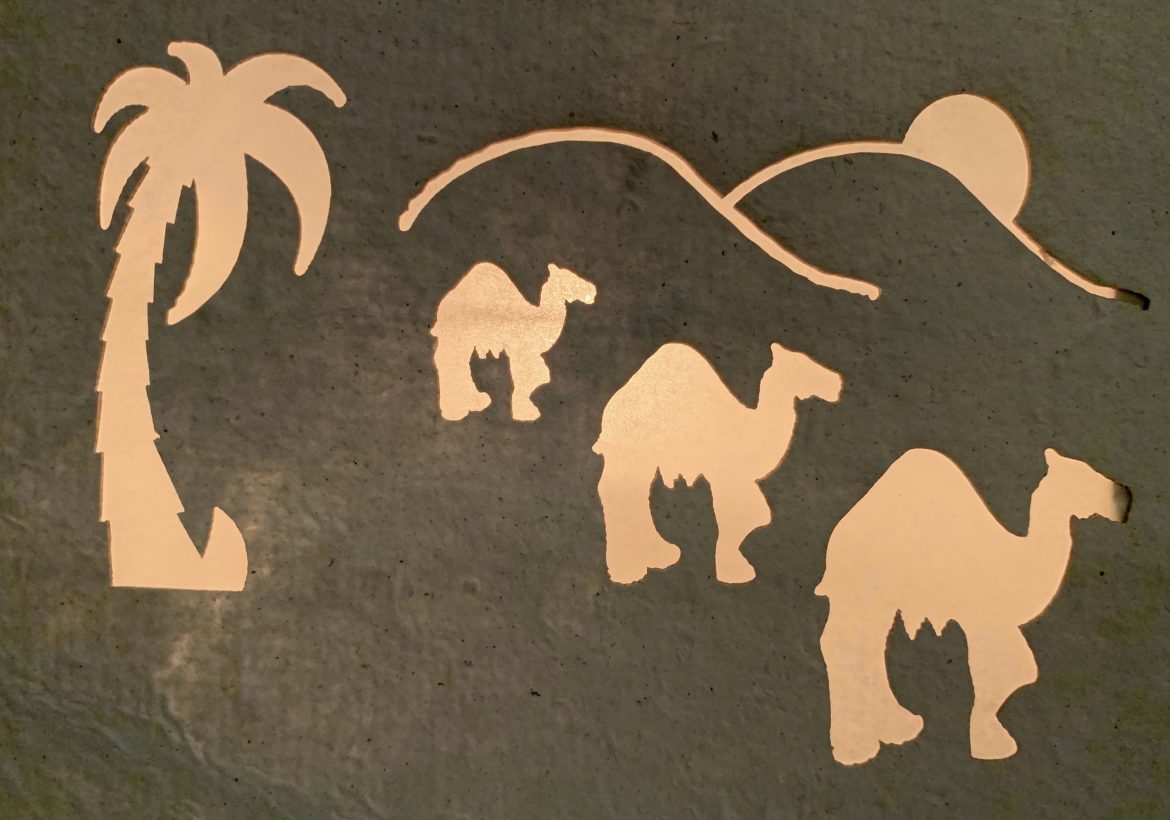by Lilly Lewin
Happy Christmas! Yes, it’s still Christmas according to the Church Calendar. We are in the midst of the Twelve Days of Christmas that run til Epiphany on January 6th. The beautiful thing about following the Church Year : WE GET TO continue the celebration of the Birth of Jesus. We don’t have to take everything down and pack it all up or stop listening to Christmas music. We can give ourselves permission to pause, to rest, to recover. When I worked on a church staff, it truly was a gift to have the twelve days of Christmas to actually celebrate the season. There was far too much work to enjoy the days before the 25th.
I still need the days after the 25th to stop and enjoy the lights, the tree, and make time for reflection. I still need time to be in the Spirit of Christmas. I had planned to bake some cookies for my neighbors, but it just didn’t happen before Christmas day. But with the gift of the Twelve Days of Christmas, I will give New Year’s gifts, or at the rate I’m going, Epiphany presents! And this is totally OK. It’s a gift! The Gift of the Season of Christmas reminds me not to be in a hurry, not to be frantic, but to enjoy each day, each hour with friends, family, with myself and Jesus. As a part of my practice during the Twelve Days of Christmas, I’m enjoying the devotions in You Are the Beloved by Henri Nouwen. compiled by Gabrielle Earnshaw. I love this reminder that we are not alone this Christmas Season. Immanuel, God is with us! Merry Christmas!
“God came to us because he wanted to join us on the road, to listen to our story, and to help us realize that we are not walking in circles but moving toward the house of peace and joy. This is the great mystery of Christmas that continues to give us comfort and consolation: we are not alone on our journey. The God of love who gave us life sent his only Son to be with us at all times and in all places, so that we never have to feel lost in our struggles but always can trust that he walks with us.
The challenge is to let God be who he wants to be. A part of us clings to our aloneness and does not allow God to touch us where we are most in pain. Often we hide from him precisely those places in ourselves where we feel guilty, ashamed, confused, and lost. Thus we do not give him a chance to be with us where we feel most alone.
Christmas is the renewed invitation not to be afraid and to let him—whose love is greater than our own hearts and minds can comprehend—be our companion.” Henri Nouwen
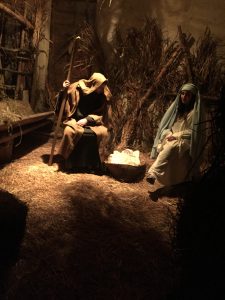
I have read so many good books this year that it is hard for me to limit my best reads list. Some of them are books that I read over and over again. Others are newly published or ones that I have just become aware of. It’s a pretty eclectic list. No heavy theology this year, a few picture books and others that make me think on a deep spiritual plane. Of course there are a couple of garden books at the end too. Enjoy and let me know what are your favourite books for the year.
Parker Palmer – On the Brink of Everything
Henri Nouwen – Discernment
John O’Donohue – Walking in Wonder
Margaret Silf – Landscapes of Prayer
Justin McRoberts & Scott Erickson – Prayer
Robert Macfarlane – Landmarks
Joyce Rupp – The Cup of Our Life
Elizabeth Murray – Cultivating Sacred Space
Wangari Maathai – The Woman Who Planted Millions of Trees
Stuart McLean – Extreme Vinyl Cafe
We are proud of our Writers Community. They are very talented individuals! As we come to the end of this year we wanted to highlight some of the books writers have been busy working on this past year or two which have been published. Happy reading!
Jenneth Graser
The Present Moment of Happiness – February 2019
Prayers for a Pioneer – August 2019
Cathy Lawton
Something Is Coming to Our World : How a Backyard Bird Sees Christmas
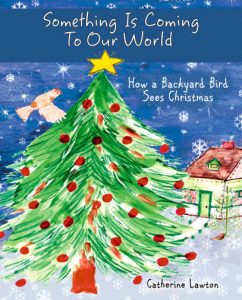
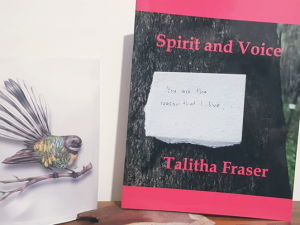
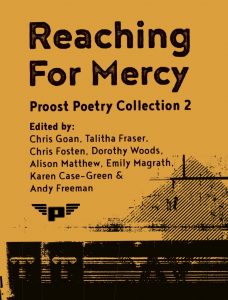
Lynne Baab
Nurturing Hope: Christian Pastoral Care in the Twenty-first Century. Minneapolis: Fortress Press, 2018.
Lynn Domina
April Yamasaki
On the Way with Jesus: Cycle A Sermons For Lent and Easter Based on the Gospel Texts published by CSS Publishing, September 18, 2019
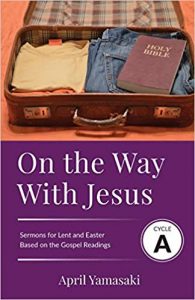
Christ Is for Us: A Lenten Study Based on the Revised Common Lectionary published by Abingdon Press, December 17, 2019
Four Gifts: Seeking Self-care for Heart, Soul, Mind, and Strength published by Herald Press, September 4, 2018
Jeannie Kendall
Finding Our Voice
Beth and David Booram
When Faith Becomes Sight.
Mary Sayler
The Book of Bible Prayers (actual prayers from the Bible paraphrased into contemporary English)
Nils Von Kalm
Bending Towards Justice: How Jesus Is More Relevant Than Ever in The 21st Century’
Christine Sine
The Gift of Wonder
NOTE: As an Amazon Associate we receive a small amount for purchases made through the links above. This is part of how we finance Godspace. Thank you for helping us out.
Here is a beautiful Christmas creed to reflect on as we enter the celebration of Christmas. It was probably composed by the De La Salle Brothers (thanks Carole Zipperlen for this information.)
I believe in Jesus Christ and in the beauty of the gospel begun in Bethlehem.
I believe in the one whose spirit glorified a little town;
and whose spirit still brings music to persons all over the world,
in towns both large and small.
I believe in the one for whom the crowded inn could find no room,
and I confess that my heart still sometimes wants to exclude Christ from my life today.
I believe in the one whom the rulers of the earth ignored
and the proud could never understand;
whose life was among common people,
whose welcome came from persons of hungry hearts.
I believe in the one who proclaimed the love of God to be invincible:
I believe in the one whose cradle was a mother’s arms,
whose modest home in Nazareth had love for its only wealth,
who looked at persons and made them see what God’s love saw in them,
who by love brought sinners back to purity,
and lifted human weakness up to meet the strength of God.
I confess my ever-lasting need of God:
The need of forgiveness for our selfishness and greed,
the need of new life for empty souls, the need of love for hearts grown cold.
I believe in God who gives us the best of himself.
I believe in Jesus, the son of the living
God, born in Bethlehem this night, for me and for the world.
By Keren Dibbens-Wyatt —
When I contemplate becoming like the Christ child, as Christine has asked the Godspace community to do this Advent, vulnerability is the first thing that comes to mind and heart.
That God’s child might begin again as all his children do, as a baby growing within a womb, is almost too astonishing to take in. Truly it is a thing of wonder, that the one through whom the Universe was created would become incarnate in such a vulnerable fashion.
To begin with, getting from conception (even by the Holy Spirit) to birth is a long and perilous journey. So many tiny lives that don’t make it, for whatever reason. God signed himself up to that, he came into even that possibility. He opened himself up to that kind of pain, to death itself. In a way, that was what was always going to happen, because the world would kill Jesus one way or another. And you might say, that’s ridiculous, God knew he would be born, it was foretold. Maybe. But it was risky all the same. He chose that.
What if Mary’s parents had forced her to eat certain herbs because they were afraid of shame? What if they had disowned her? What if Joseph had not listened to the angel and left her all alone in the world? What if she had said no to God’s request?
The what ifs are endless, which is partly why pregnant women feel vulnerable too. Their bodies are doing something new and amazing, they are pouring all their strength into a love that is yet unknown, for a person who will change their lives forever. In a way, that is how we all begin to experience Christ growing within us. As Eckhart famously said, “We are all meant to be mothers of God, for God is always needing to be born.” The world needs the Incarnation now as ever, Christ’s body to be unified and loving, nurturing and tending the world he helped create.
Jesus stayed with those who were vulnerable his whole life and ministry. He opened his heart up to those who were weary of the system, who didn’t have any power, who were the lowest in status. I’ve seen a few articles recently telling us that this vulnerability which is being talked about now, largely due to the research and popularity of sociologist Brené Brown, is not about weakness. That it requires strength to be truly vulnerable, to lay ourselves open to the risk of a powerful honesty that might get us hurt. That’s true. But it is also about weakness. It is about siding with the small, living and suffering with us in our uncertainty and inability.
The vulnerability of the manger, like the vulnerability of the cross, is pure love. A love that says, I will go through this with you. That says, I could opt out of your suffering, but I choose to share it. I lay down my birth, my life, my death, for you.
I refuse to speak because no-one gave you a voice. I refuse to fight back because you could not. I refuse to use the power of angels for my salvation, because you, too, were helpless.
God with us, Immanuel.
“9 But he said to me, “My grace is sufficient for you, for my power is made perfect in weakness.” Therefore I will boast all the more gladly about my weaknesses, so that Christ’s power may rest on me.” 2 Corinthians 12:9 NIV
by Christine Sine
One of my early Christmas gifts this year was a cut out paper light given to me by good friends who visited Israel and Palestine a couple of months ago. The light was crafted by a disabled Palestinian man in Bethlehem who is trying to support his large family on a very meager income. I have been lighting it each morning as a reminder to pray for those who are marginalized and abandoned in our world.
As I look at it today I am reminded once again of how Jesus usually appeared to those at the margins and was both welcomed by and welcoming to the disabled, the abused and the excluded. Even at his birth, it is the disabled, the despised, the abandoned and the excluded who are both welcoming and welcomed. It is in them that the Christ light seems to shine most brightly.
Once again my thoughts go to Kenneth Bailey and his assertion that Jesus was not born in a stable but in a family home. I have mentioned this on several occasions but love to remind myself of this and the
It was to this simple village home that the shepherds and wise men alike came. Shepherds despised and regarded as unclean by their society, are visited by angels and invited to join the great home coming celebration that marks the coming of the child who will become the Messiah. That they were welcomed and not turned away from this home is remarkable. This is good news indeed for the outcast and the despised.
Then the wise men come, according to Bailey, rich men on camels, probably from Arabia. And they come not to the city of Jerusalem where the Jews thought God’s glory would shine, but to the child born in a manager around whom there is already a great light. That these foreigners were welcomed is also remarkable and good news for people of all nations who long for a place to call home. (adapted from Was Jesus Born in a Stable and Why Does It Matter)
The kind of change heralded by the angels and welcomed by the shepherds and the wise men, rarely comes through the centers of power. It usually comes at the margins and that I think is the greatest hope and promise that we all have to look forward to as we welcome the Christ child at Christmas.
Alleluia, Alleluia, Alleluia
Sing with the angels,
Dance with the shepherds,
Worship with the wise men.
A miracle surges around us.
Light shines in the darkness.
A beacon of hope and promise.
It shines on all creation.
Believe in its newness.
Receive it with wonder.
Live into its glory.
The child of Bethlehem has come.
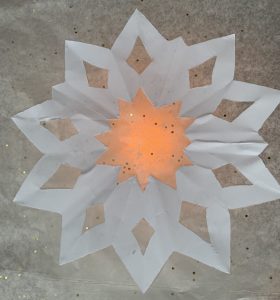
Cut out paper light made by disabled Palestinian man
Today I decided to get a little adventurous in my response. I not only wrote the prayer above but I also felt I needed to make my own cut out paper light and chose a star as my pattern- being very aware that the light of Christ shines in us and draws all the disabled, the abandoned, the excluded and despised to himself. So I watched the video tutorial below and made a star. I didn’t have the right kind of paper or backing so I had to improvise a bit – backing my star with tissue paper and then taping it to a sheet of glass in front of an electric candle. It wasn’t perfect but it was a wonderful focus for my reflections and a great reminder of the kind of God that we follow.
As an Amazon Associate, I receive a small amount for purchases made through appropriate links.
Thank you for supporting Godspace in this way.
When referencing or quoting Godspace Light, please be sure to include the Author (Christine Sine unless otherwise noted), the Title of the article or resource, the Source link where appropriate, and ©Godspacelight.com. Thank you!

